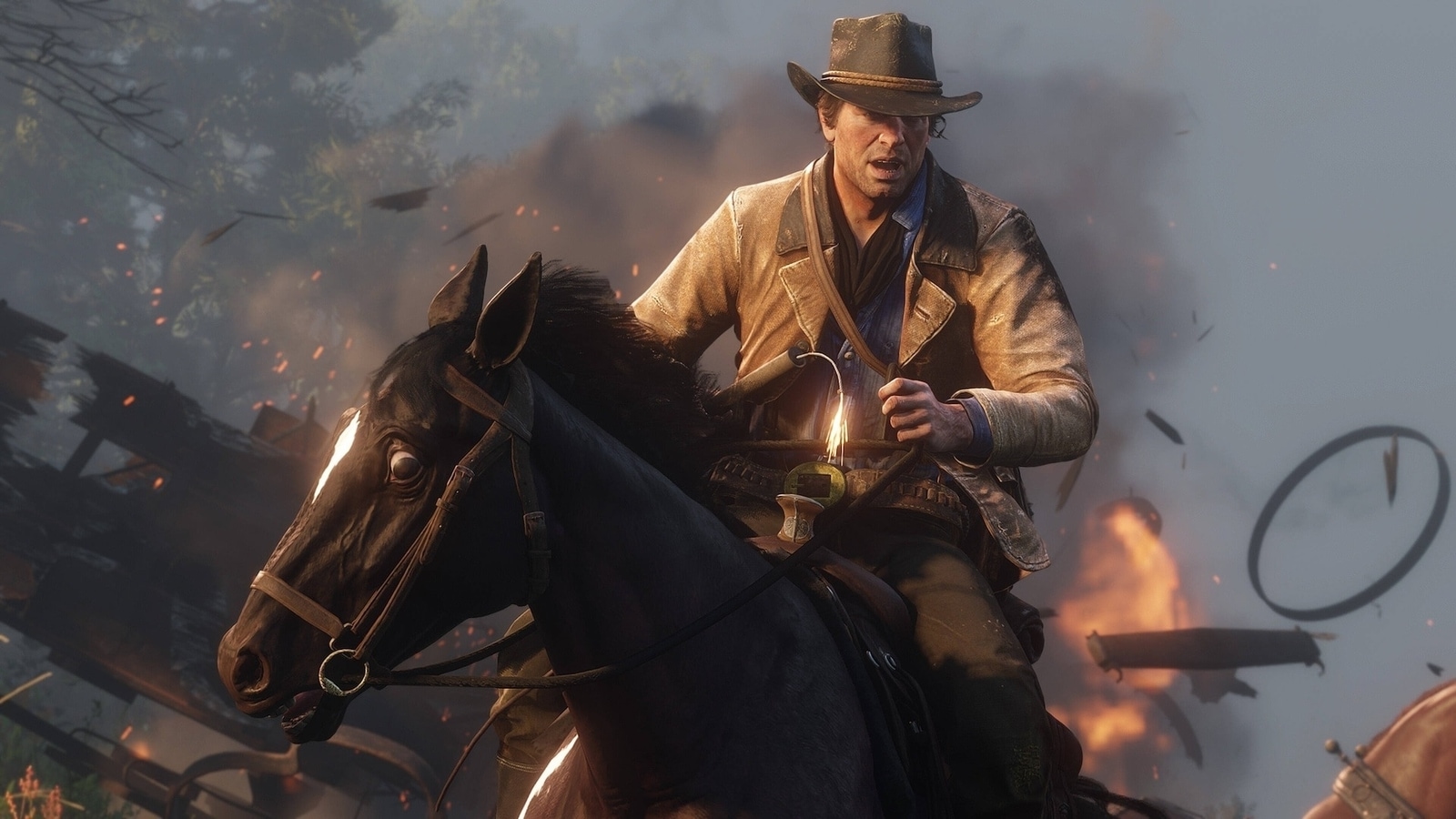Then, having insisted he doesn’t yet know what the last book will be since it’s not done, he hurries on: It’s about “the end of life, the extension of life, metabolism, what happens as we near the end and how we can potentially extend the end. It’s about compassion and it’s about feeling, it’s about my father’s death and it’s about watching people die — what’s graceful as we end life, and at what point in time.”
The first three books of what he’s calling the quartet delve deeply into the history of scientific inquiry; they are all “fundamentally about understanding the units that organize our life. As we understand those units we begin to imagine the human body as accumulations of cells, as accumulation of genes.” He calls that one of the most important ideas in human history.
Mukherjee, 52, is speaking via Zoom from his office at Columbia. He’s slouched way back in his chair, nearly prone by the time the conversation is well underway, and every minute or two he runs his hands through artfully disheveled hair, flopping it first to one side, then the other.
The oncologist-turned-author-turned-celebrity (profiled alongside Sze in Vogue, featured in the Ken Burns documentary based on “Emperor”) is viewed with some skepticism by many in the medical research world. When he published an excerpt from “The Gene” in The New Yorker in 2016, it caused a furor among researchers in the field.
“The New Yorker article is so wildly wrong that it defies rational analysis,” the molecular biologist and Nobel laureate Walter Gilbert wrote at the time, one of many scientists who publicly criticized the work as simplistic and misrepresenting foundational ideas. The book’s publisher made corrections to subsequent editions.
But other scientists say Mukherjee is providing an invaluable service, telling the story of what makes us human at a time when trust in science has eroded. “I don’t know Sid well, but I think he’s a genius,” said Bert Vogelstein, a pioneer in oncology research who was the first to show the molecular basis of a human cancer. “I think the ability to explain complicated issues to people who are not experts in the field is a true talent and a tremendous service for both the public and for scientists.”

























